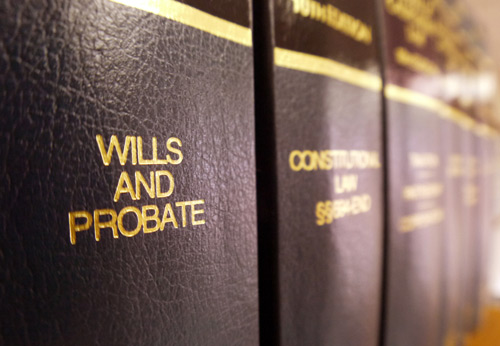EFFICIENT
COST EFFECTIVE
PROVIDING YOU PEACE OF MIND
Probate Services in Tempe, AZ
The Estate Planning Attorneys at the Butler Law Office provide expert legal advice and representation for Small Estate Probate, Informal Probate, and Formal Probate procedures. When a loved one passes away, each of his or her assets must be transferred to a new owner. An asset that carries a title—like a house, a car, or bank account—requires a signature in order to transfer to a new owner. This is not just any signature, but the signature of the deceased person. As you can imagine, after death, you (or your loved one) will clearly not be signing anything.The process used by the legal system to change ownership of a titled asset after death is called “probate.” Unless you have done some Estate Planning, your estate will pass through some level of probate, even if you have a Will.
Our Tempe Arizona probate attorneys are highly experienced and skilled in probate law and can offer you the guidance and representation you need and deserve. Our Tempe Arizona probate lawyers can help with services such filing the last will or testament of a deceased individual, protecting yourself, your business, your properties, and any assets you would like to pass on it. Many times people don’t consider probate law until after the death of a loved. It is essential to have a will and estate planning in order to protect assets.
If you are in need of legal help regarding Probate Law in Arizona, including claims and disputes about assets and property, or if you are needing to start Estate Planning feel free to call us at 480-921-0626 or fill the contact form out on our contact us page.


